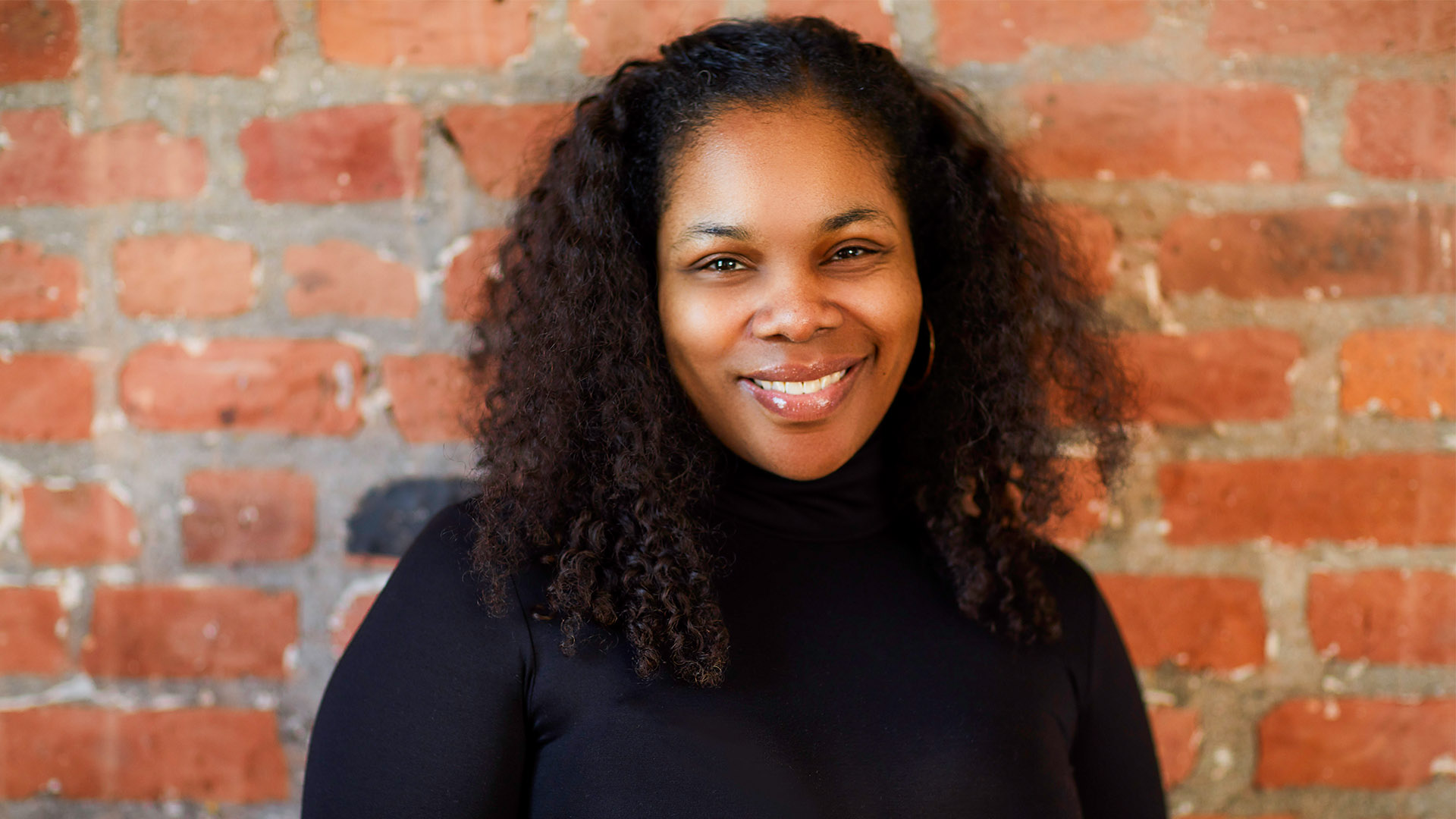Following the release of our recent report “A Decade in Review: Funding to the Female Founders” Crunchbase is highlighting female founders who are paving the way for the next generation of glass-ceiling-smashers. The “Female Founder Series” is comprised of stories, Q&As and thought-leadership pieces from female founders who overcame the odds, raised funding and are now leading successful companies.
As a female founder and mother, I’m juggling a lot–sometimes stressfully, but usually happily.
On top of the regular challenges of running a company, I’m also thinking about the right birth plan, scheduling doctor’s appointments and scouring the internet for the best nanny. Thankfully, I quickly learned to see every challenge during my time as a founder as an opportunity to grow.
I believe funding female founders is naturally a smart investment decision. For every man who says he’s optimizing his time, know that there’s a woman doing the same things while dealing with sleep deprivation, hormonal changes, pumping milk and fighting the traditional social perception of women.
I started my ed-tech company, Thinker-Tinker when I was pregnant with my son, Owen. I didn’t know what I was getting myself into–a crazy, adventurous roller coaster ride that I think only a startup founder can understand. There are enormous challenges trying to wrangle family time and growing the business, but I sincerely agree with Amy Nelson’s take in this article in Inc about her founding Riveter, “Motherhood makes us ruthlessly efficient.”
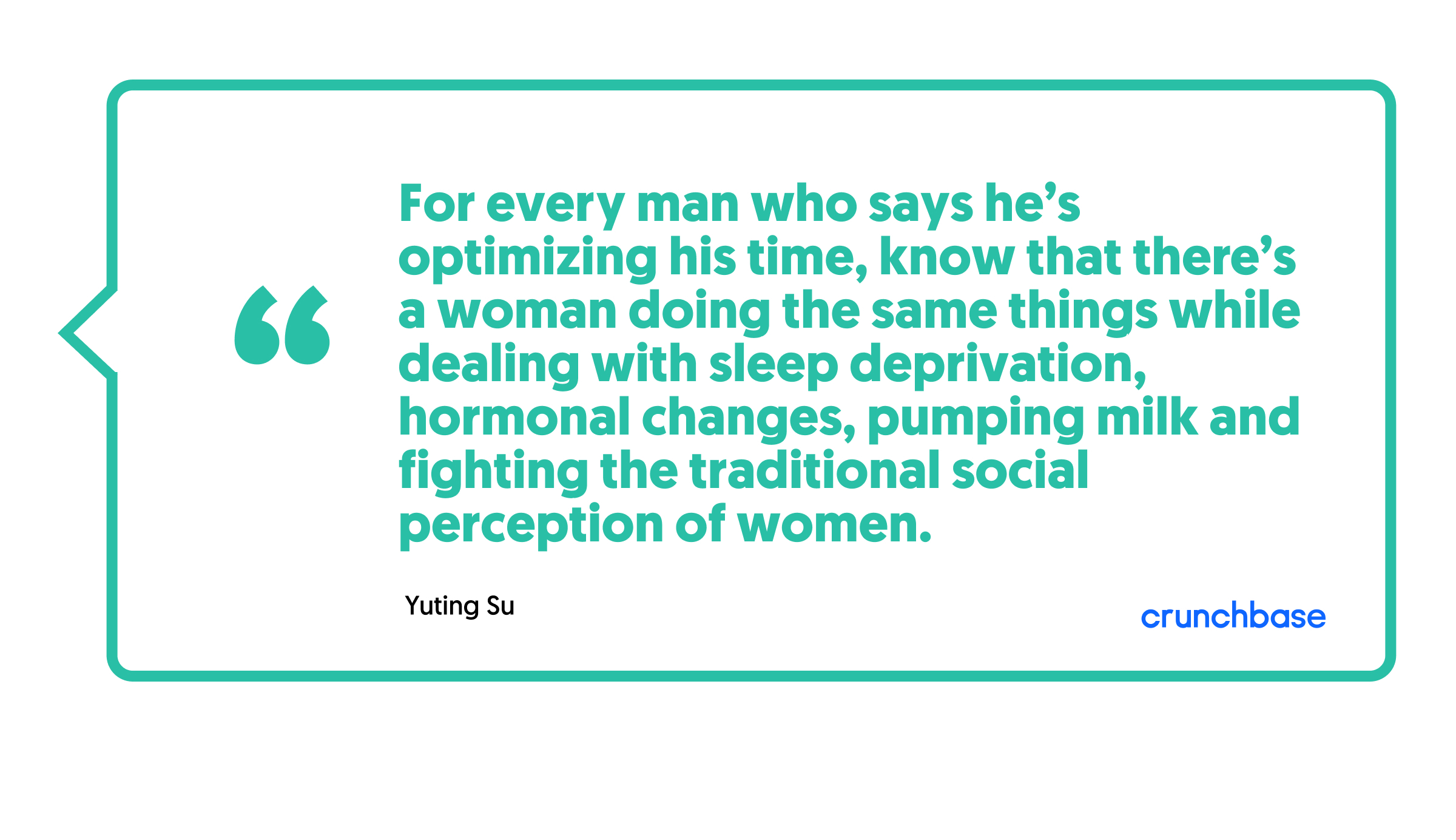

My Baby, My Startup
Thinker-Tinker is the same age as my son, Owen. That always gives me a very special connection: The company feels like my other baby, and we’re all learning and growing together simultaneously.
Thinker-Tinker provides interactive plush learning companions for kids. Our original educational toy, Octobo, is the world’s first interactive plush robot with expandable content that teaches ABC’s, spelling, rhythm and the foundations for STEAM (science, technology, engineering, arts and math) education and, most uniquely, social emotional learning.


The kids love it, but so does the industry. Octobo is a finalist for CES’s Last Gadget Standing, as well as the SXSW Innovation Awards (while SXSW awards are currently on hold, this year’s finalists have submitted a “co-opetition” proposal). We are backed by Techstars and Comcast and are now working with Universal Brand Development to create a new interactive music game experience.
Both are growing up so fast, are sources of pride and joy, and demand as much energy and attention as I can muster.
And Then There Was Fundraising
Long fundraising story short, I first bootstrapped the company, then ran two successful product crowdfundings (on Kickstarter.com and ZecZec.com for Asia), got selected for the Comcast Techstars accelerator program, and then raised a pre-seed round after the program. We just launched an equity crowdfunding campaign on Netcapital, which is not a traditional route (I’ll talk about why a little later). It turns out this is quite a nice move for brand awareness and is a germ-free alternative in the time of COVID-19.
Fundraising itself, no matter what route you choose, can feel like an uphill battle. Expect loads of travel, networking and pitching your business–over and over, and in short bursts of time. Unlike the academic field in which I started my career, venture capital is rarely the world of blunt, honest and direct feedback; reading the subtle signs of investors is its own science, and it’s enough to make me wish I was psychic.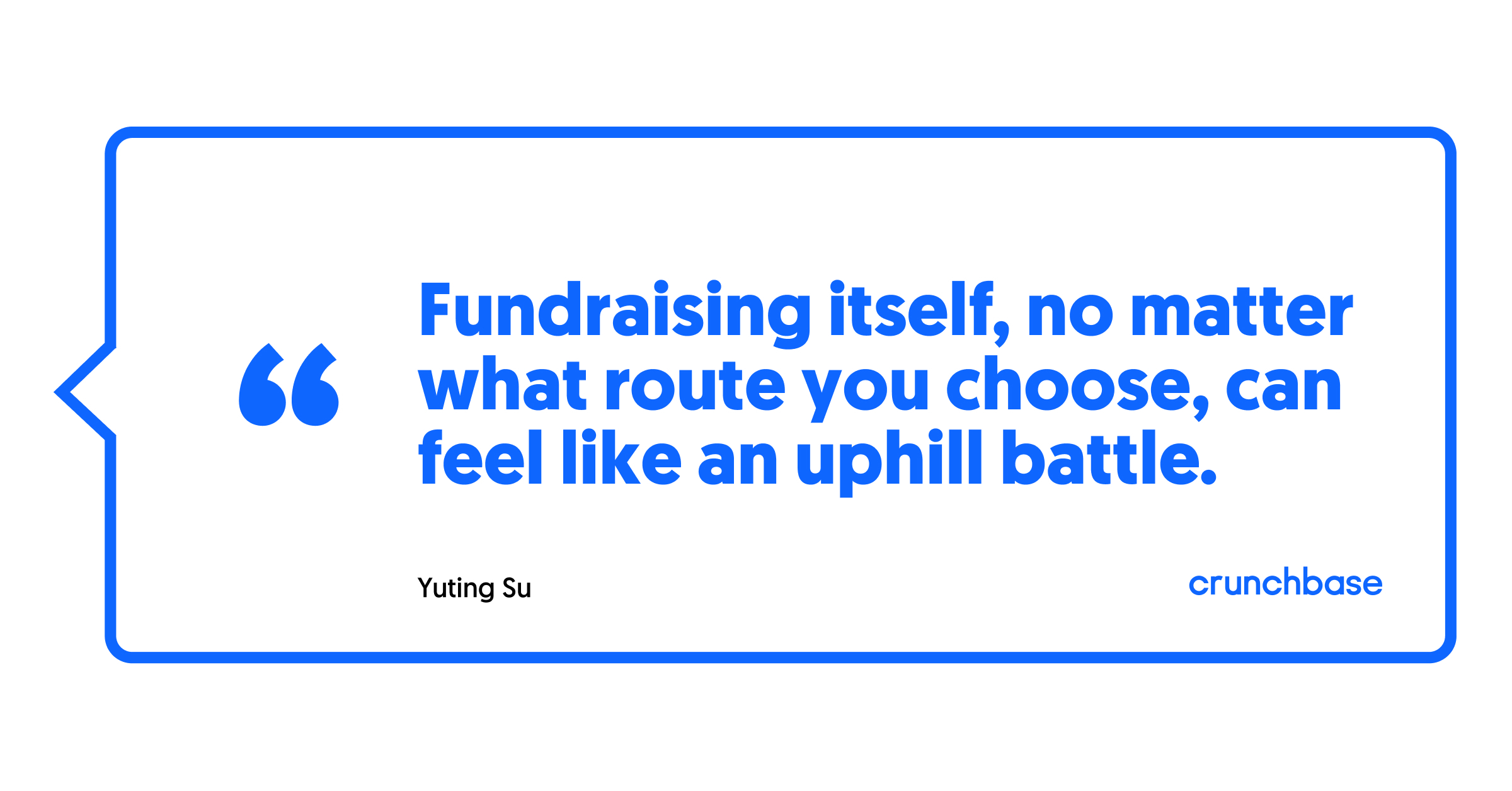

For some, it goes over their heads entirely, and some have decided to talk to my husband, despite the fact that I’m the CEO and just pitched them. The biggest red flag? An investor who offered me a term sheet alongside some unsolicited advice, “I’ll give you a term sheet, but it’s not because of you, I think you are smart to get your husband in the company.”
We didn’t take the deal.
The hardest part about being on the fundraising circuit isn’t the twists and turns, but rather that they happen so far from home, posing a big challenge to my commitment to be available to my family. It even required me to take my son to Taiwan to be cared for by my own mother for a couple of months for the on-location accelerator program and the funding raise after that.
The whole experience made me start to rethink what I can change and how to make a difference when I need to raise the next round of funding.
COVID-19 Opened A Door For Germ-Free Fundraising
Equity crowdfunding is not a new thing, but more established startups have only started buying into the concept in the last two or three years. For those not that familiar with the model, equity crowdfunding uses the same model as Kickstarter, but instead of product perks, funders receive a percentage of ownership of the company. The biggest benefit is allowing nonaccredited investors–like most of us–to buy into companies we love, often for as little as $100. It’s a good channel for product companies like Thinker-Tinker to build grassroots advocates.
Considering our highly consumer-focused products, after weighing many options we eventually landed on running an equity crowdfunding campaign with Netcapital, which turned out to be a good move in light of the current COVID-19 situation.
At least for now, the days of pitching in boardrooms, traveling to meetings and shaking hand after hand are over. Yet companies still need to be nimble and learn to survive. Just like many of you, SXSW being canceled was a huge blow for us. Yet we refuse to give up, instead seeing this as a time to be nimble and focused.
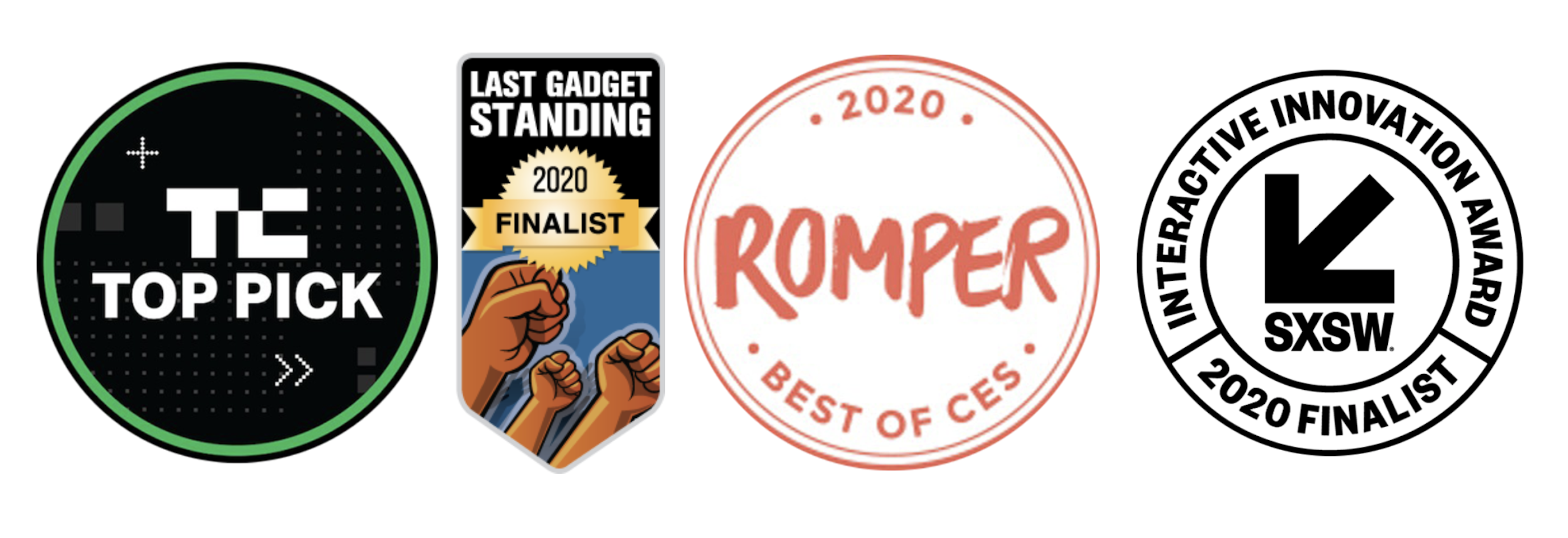

To all the founders who are reading this: We started companies because we see the world differently. We are innovators, and it’s our responsibility to think differently. Believe in yourself, there will always be a solution, and if you need to fight for it, fight for it. When you feel like you’re floundering, reach out for support. When you’re feeling strong and resourced, lend a hand to your fellow entrepreneurs. When things are falling apart, it is our job to help rebuild. I’m proud to be a founder, an entrepreneur.
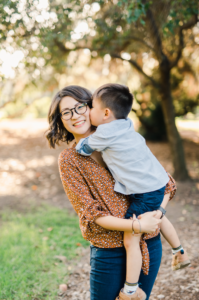

Yuting Su is a passionate entrepreneur, inventor and storyteller with a background in digital/physical game design, and health tech design and development. She holds a dual Masters in Medical Informatics and Interactive Media from the USC School of Cinematic Arts. She was featured on the Forbes 30 Under 30, and is founder and CEO of Thinker-Tinker, the ed-tech company behind Octobo, a smart toy learning platform with a built-in game controller and programmable content. She is also a proud mom of a 4-year-old.




